2021 CUF Talks: Social Science Reckonings
Over the past few years, the social and behavioral sciences have been extraordinarily active in furthering understanding of the multiple upheavals we have all experienced – including a pandemic, a US electoral crisis, and a racial reckoning sparked by police violence but with deep historical and structural roots. At the same time, the historical and structural roots of racism and exclusion within the social sciences (and elsewhere in the academy) have been foregrounded in ways that call for recognition and action. For this group of CUF Talks, we invited scholars from across our network to openly and critically discuss the need for various reckonings in social science, and to investigate paths forward for making the social and behavioral sciences more inclusive.
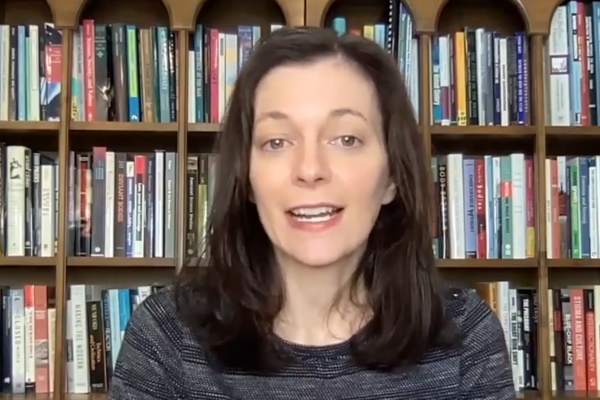
What can the social sciences teach us about conducting research ethically? Drawing on her own investigations of inequalities in US commercialized medicine, Professor Jill Fisher explores how we might apply social scientific insights to discussions about methods and ethics.
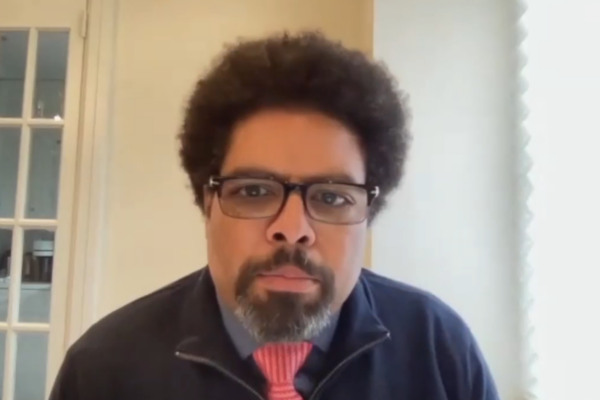
Professor Darrick Hamilton examines the way the economics discipline has and has not reckoned with inequities of race, gender, and sexual orientation, arguing that understanding and redressing power imbalances and inequality in our society should be core to the work of the university.
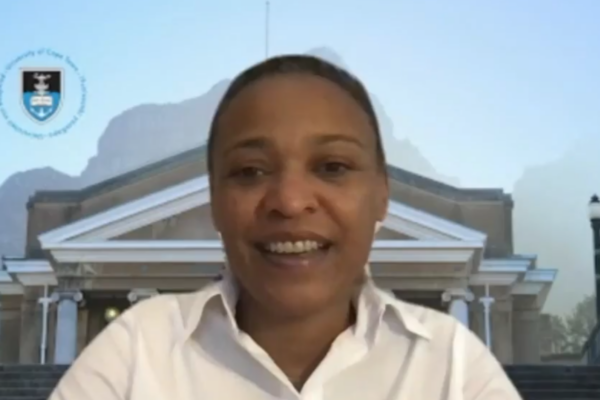
In the wake of widespread student activism, South African higher education is in the midst of a profound transformation. Dean Shose Kessi describes her institution’s efforts to reenvision the university through curriculum change, epistemic justice, and remaking institutional culture.
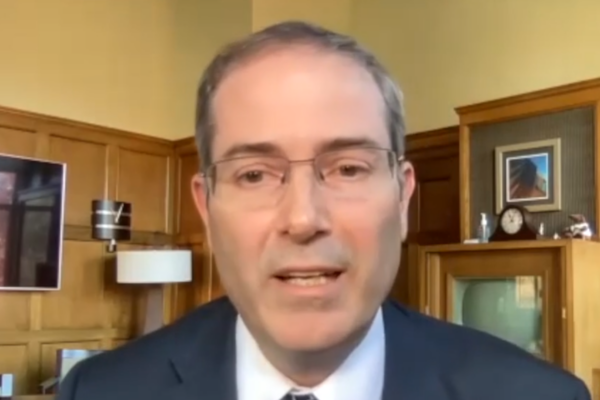
Do traditional practices of scholarly evaluation live up to the values we say are most important? Dean Christopher Long explains how the Michigan State’s College of Arts and Letters is rethinking promotion and tenure processes to incorporate a more expansive understanding of what counts as meaningful scholarly work.
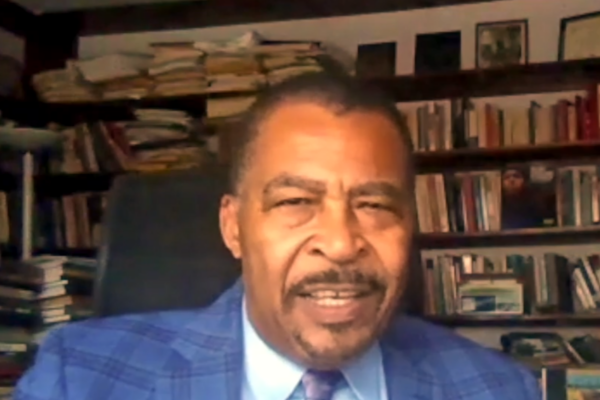
Professor Aldon Morris calls on scholars to reckon with the ways that foundational texts in the social sciences and humanities reproduce and sustain white supremacy, exemplified by the erasure of W. E. B. Du Bois's pioneering work from the sociological canon.
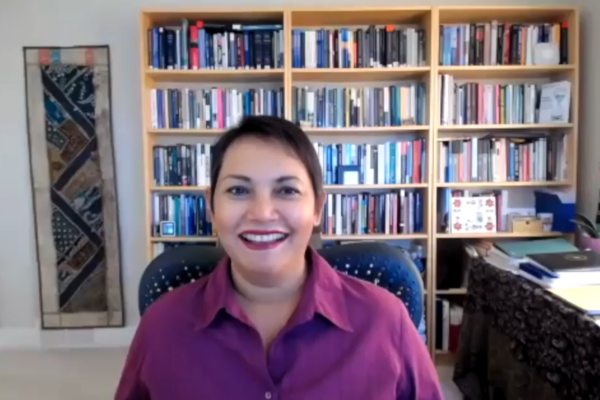
More and more social scientists are working across disciplines and world regions, raising new challenges related to hierarchies and power relations. Professor Farhana Sultana explains how to foster more ethical transdisciplinary and transnational research projects, from design to dissemination and impact.
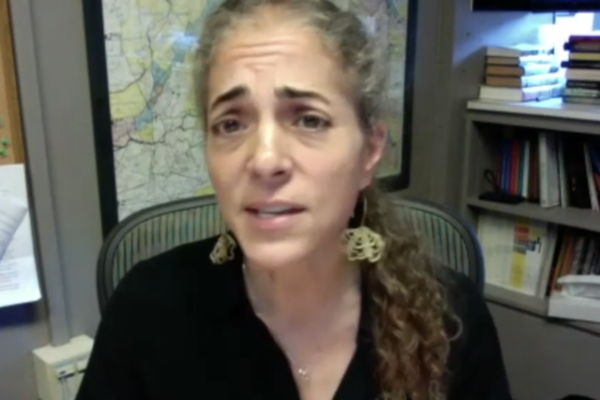
Anthropology as a discipline is in the midst of a moment of reckoning with its colonial legacies. Professor Deborah A. Thomas discusses how the work of the University of Pennsylvania's Center for Experimental Ethnography is contributing to a decolonization of the field and to a method and theory of transformation.
